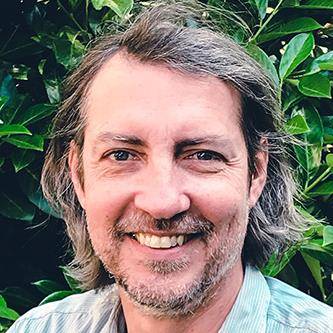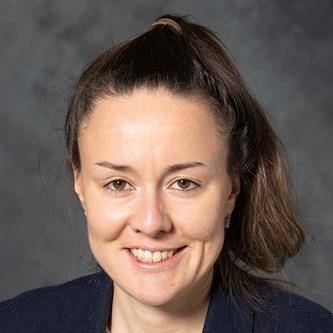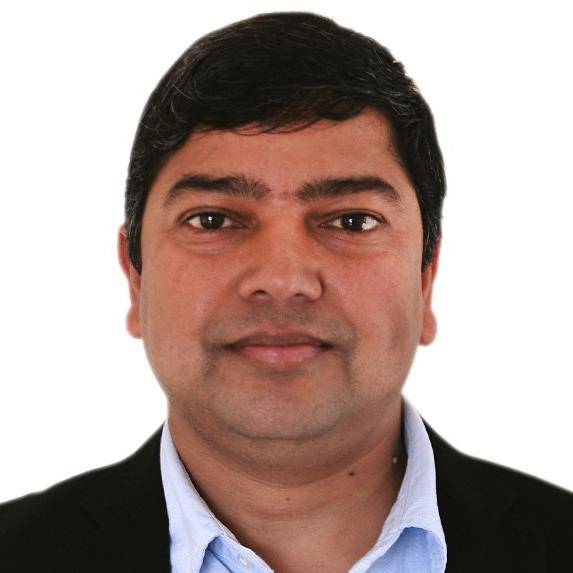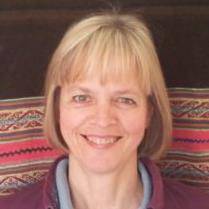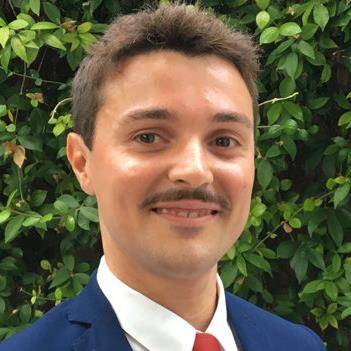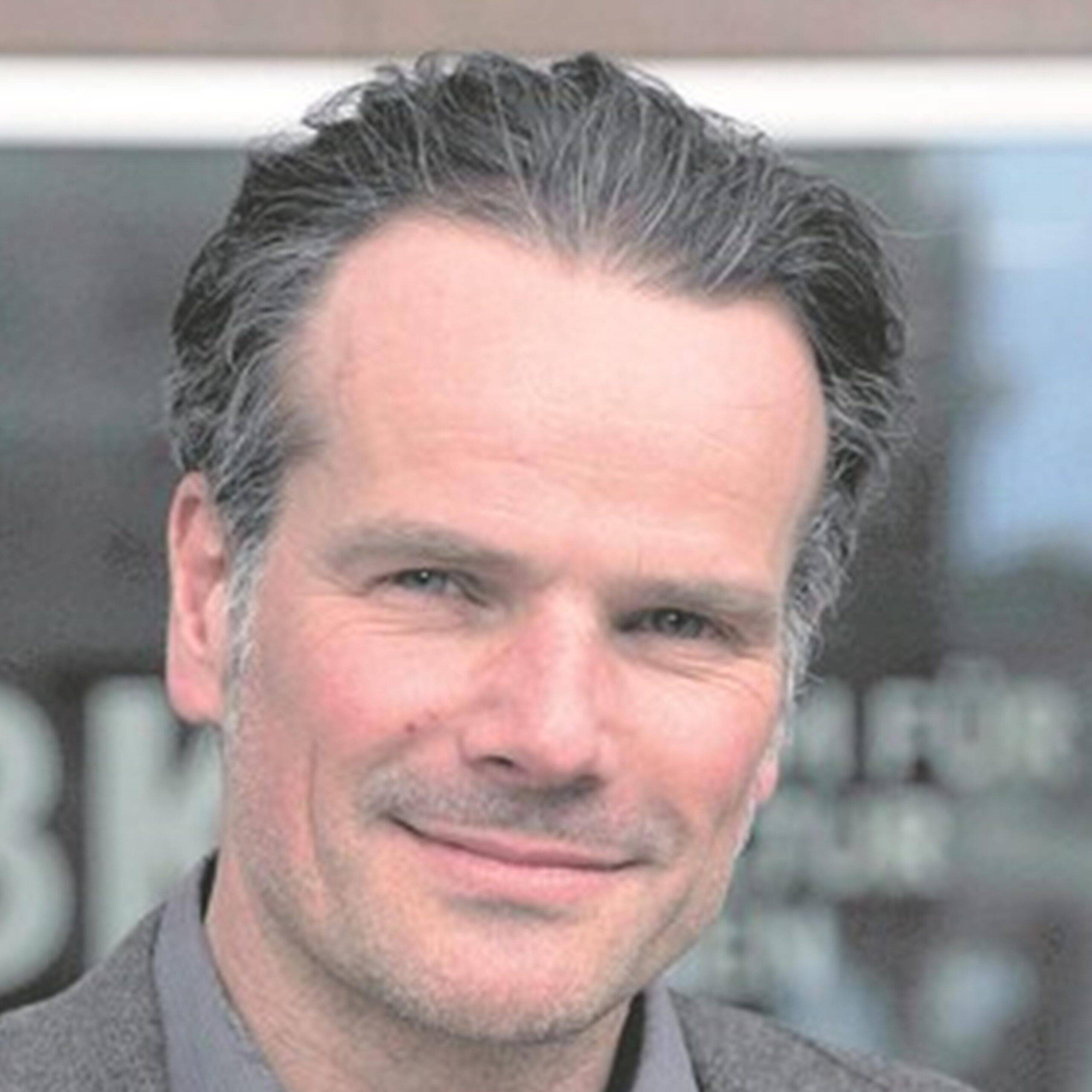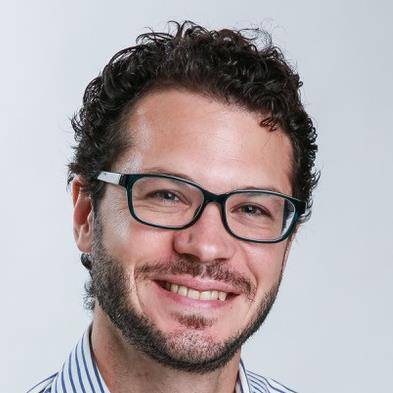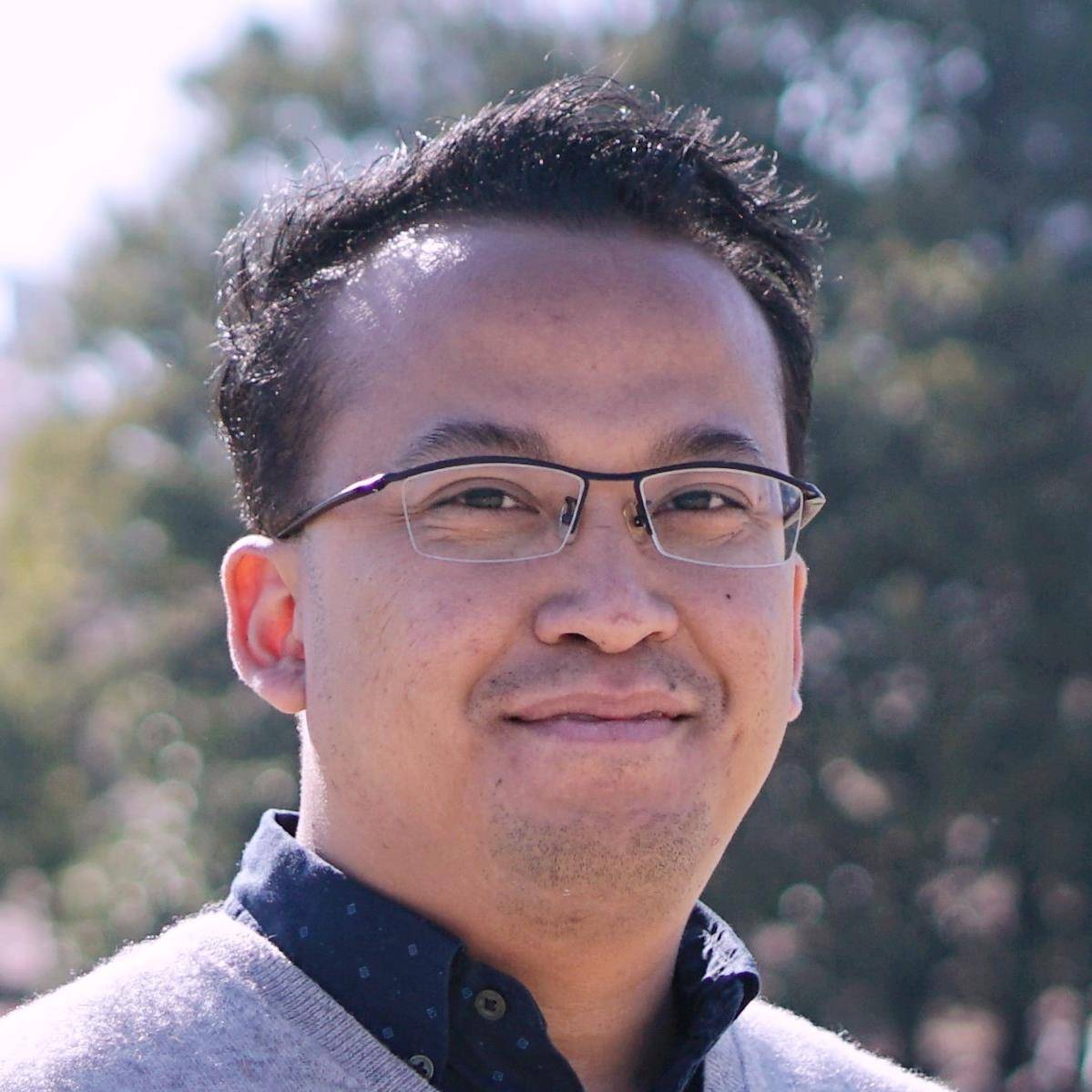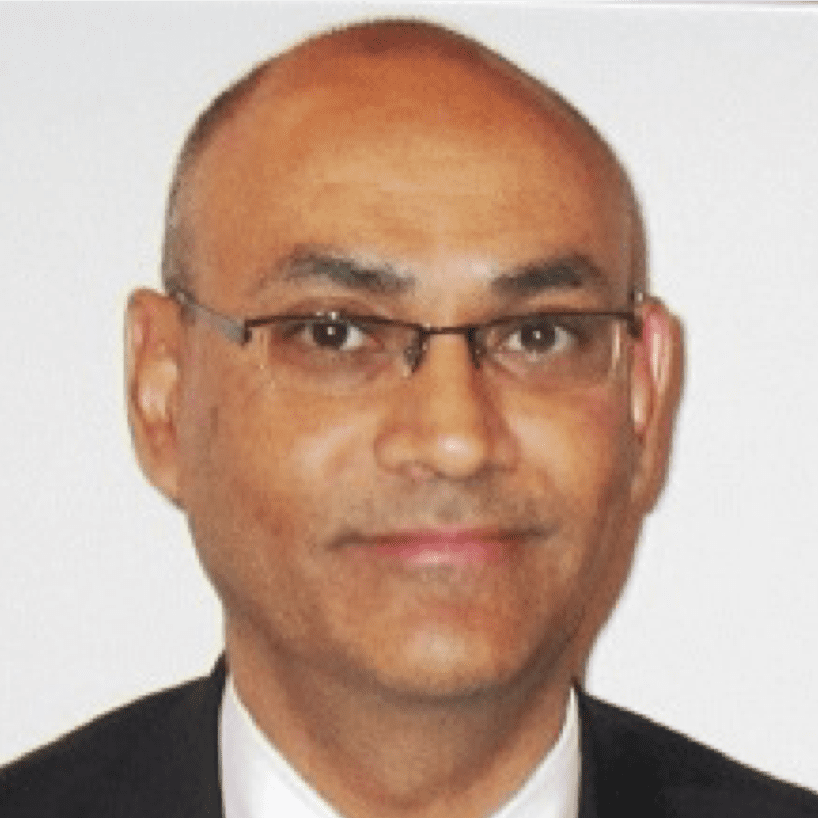Acting Today to Reduce Risk Tomorrow: Innovative Tools to Reveal Risk and Co-Create Future Cities
Data, Risk Assessment and Modelling, Vulnerability and Resilience, Risk Communication, Interdisciplinary Approaches to Risk Reduction; Governance of Risk The Tomorrow’s Cities-led Focus Day gathered interdisciplinary experts from several institutions and companies (University College London, ANOFA engineering, National Society for Earthquake Technology, United Cities and Local Governments, Kobe University, Nanyang Technological University, Hafencity Hamburg, UN Office for Disaster Risk Reduction, Asian Disaster Reduction and Response Network) to discuss how to achieve low-risk, equitable urban futures through inclusive planning approaches and people-centred risk modelling techniques. The Day combined different types of activities: 2 panels (1 in the morning, and 1 in the afternoon) to discuss challenges and opportunities in data scarce environments and multi-level governance, respectively. The Day also presented the work of Tomorrow’s Cities across 9 different contexts in the global south through a guided exhibition and a role-playing exercise where key stages of our flagship framework (the Tomorrow’s Cities Decision Support Environment) were experienced by the participants. These are the key questions we asked in the panels: Panel 1 (data): Q1 – Data Challenges for Urban Futures: What are the challenges associated with risk-informed planning in data scarce urban environments? Q2 – Systems thinking: How can risk models be improved to better capture consequences on interacting physical and social systems? Q3 – People centred approaches: How do we account for equity in (future) disaster risk assessments? Panel 2 (governance): Q1 – Surfacing diverse values: What are the challenges of approaching long-term risk-informed future planning in an inclusive way? Q2 – Social role of science: how can interactions between science and planning enable stakeholders to learn together and make informed decisions on the basis of dynamic disaster risk? Q3 – Readiness for future thinking: How fit is our current enabling environment (and institutions) to work on the future (risk-informed urban planning)? As key discussion points, we note: • The need to leverage available resources in data scarce environment and use strategically the space opened by future-oriented approaches (e.g., use of synthetic data to represent future exposure). More on this theme can be found in this news piece produced by our team: https://tomorrowscities.org/can-we-reduce-risk-data-scarce-urban-areas-reflections-understading-risk-global-forum-2024 • The challenge of establishing synergies for shared long-term goals and articulating short, medium, and long-term actions for transformative, yet comprehensible, pathways to risk reduction and resilience. This involves balancing the needs of current and future generations through participatory (inclusive) and evidence-based approaches. More on this theme can be found in this newspiece:https://tomorrowscities.org/are-our-cities-ready-future
“Data scarcity, especially prevalent in Global South contexts, should not deter us from advancing disaster risk reduction efforts.” (adapted from original)
Key outcomes are: • An increased awareness on the challenges imposed by long-term future planning approaches (as opposed to short-term risk management approaches), as well as strategies to work through such challenges • Exchanged knowledge on strategies to work with data scarce environments and ensure that no context – however challenging – is left behind • Exchanged knowledge on strategies to achieve multi-level governance for risk reduction, including reflections on the role of universities, civil society and different levels of government • Insights on novel approaches to participatory engagements for inclusive risk reduction • Insights on novel approaches to risk modelling, including metrics that reflect how hazards disrupt everyday life and distance people from human and urban rights • Insights on novel approaches to risk communication through digital and immersive tools • New networks for a Community of Practice that focuses on future-oriented approaches for disaster risk reduction, including: o Helen Crowley, General Secretary, GEM o Lindsay Davis, USAID/USGS o Janise Rodgers, Chief operating officer of Geohazards International o Stewart Fraser, World Bank: reasserted commitment to joint data management tool. o SURE NETWORK o Blair Spendelow, JBA consulting o Edward Anderson, Senior Risk Management Specialist, Digital Earth o Keiko Sakoda, Urban Resilience Team, WB. Organized by: Gemma Cremen, Thaisa Comelli
